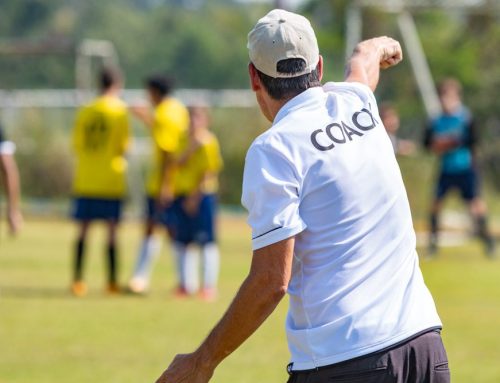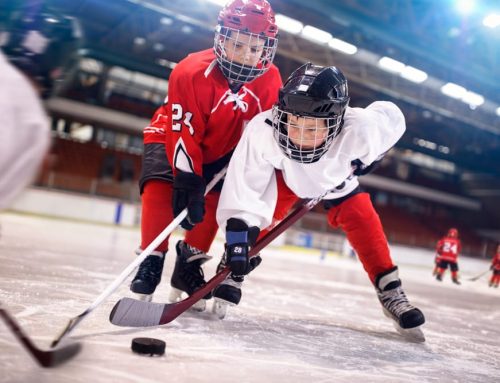Sports are a part of most childhoods, especially for many of us here in Clairmont. They’re an essential part of learning teamwork, communications skills, and good sportsmanship. The physical activity is just as important, along with the confidence that playing and learning can build. This article explores the benefits of community sports.
BOOSTING HEALTH
The World Health Organization recommends that children between 5 and 17 should have at least one hour of moderate to vigorous physical activity every day. This can be broken down into four playtimes of 15 minutes but longer durations of exercise come with its benefits as well, including strengthening bones and muscles, improving cardiorespiratory fitness, and preventing type 2 diabetes. The Center for Disease Control reminds us that physical activity also reduces anxiety and depression in kids.
REDUCING YOUTH CRIME
Community sports play a large role in youth crime rates. A combination of risk factors, including boredom and a lack of supervision, can lead to delinquent behaviour. Since most sports programs are after school, it’s a great way to occupy their time, while also providing a positive, healthy outlet for kids and their extraordinary energy levels. Being on a team also reduces antisocial behaviour. It’s an atmosphere full of role models and encouragement to help them continue down the path of a positive lifestyle.
A SENSE OF COMMUNITY
Civic engagement, community pride… They are great side effects of joining a community sports program. Studies have also shown these positive effects are increased ten-fold when the community/sports centers are next to libraries or other municipal resources.
Community sports are a great way to introduce mentorship into a child’s life. These relationships are not only beneficial to the mentee but the mentor as well. Local sports can bring a community together, increasing meaningful connections and social bonds. This extends from the child athletes to include their parents. Attending a game is a meeting place for many parents to connect and catch-up, further bonding the community.
LEARNING TO OVERCOME CHALLENGES
The many benefits of sports extend beyond the field for a child. Kids learn to make quick decisions while playing sportsand work as a team. Instilling these values into our kids while they’re young serves them well in their future careers. Being a young athlete means sometimes being in the spotlight, which can be uncomfortable for some kids. Sports can be a good way to overcome this shyness.
The disappointment of loss is also learned through sport participation. This can be tough for many to face but is eventually inevitable. They gain the ability to be a gracious loser and see how it’s possible to learn from these situations.
IMPROVE ACADEMIC POTENTIAL
A study by WomensSportsFoundation.org confirmed a link between youth sports and academic performance. When young kids (in the 5-6 age range) play sports, they learn that hard work pays off. The connection is built in their brain that practice makes perfect; if they want to improve, they need to put in the time. The study showed that young athletes go on to have higher grades, are more likely to obtain a degree, and have more advantageous career goals.






